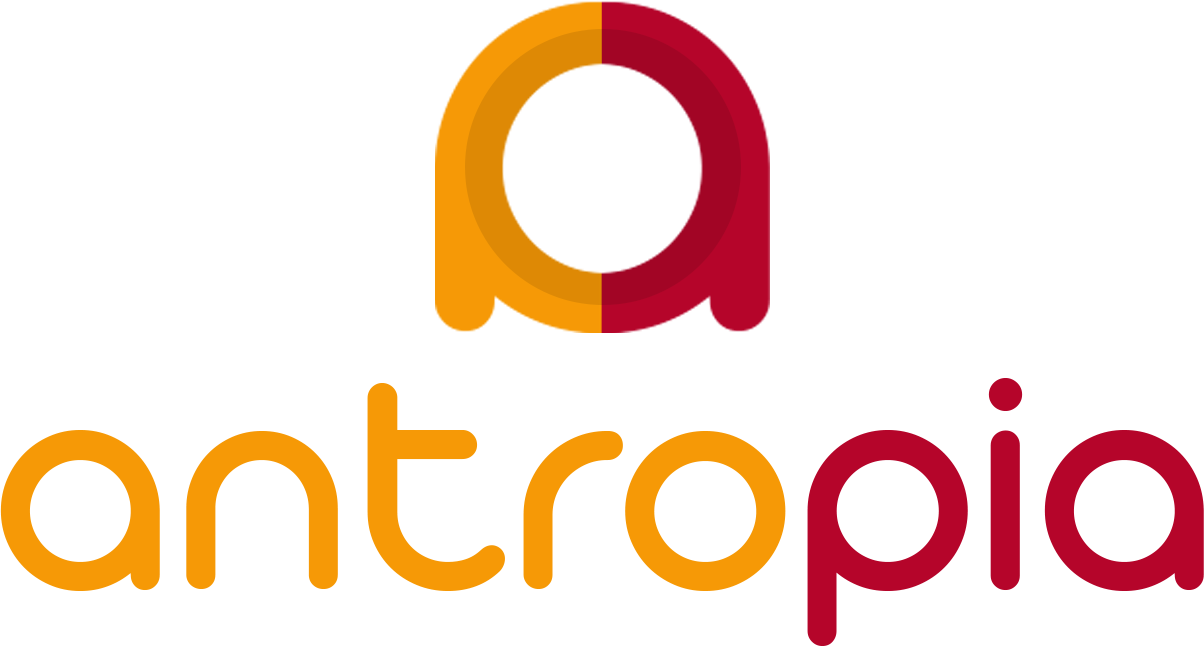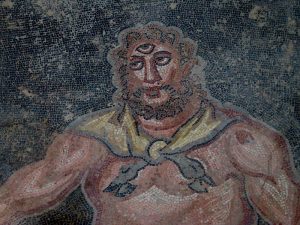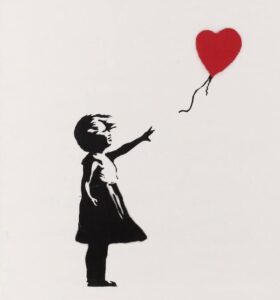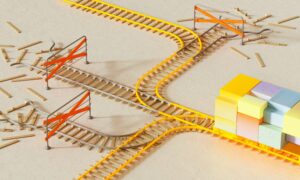HOW SOCIAL MEDIA HAVE CHANGED THE WORLD
4 min read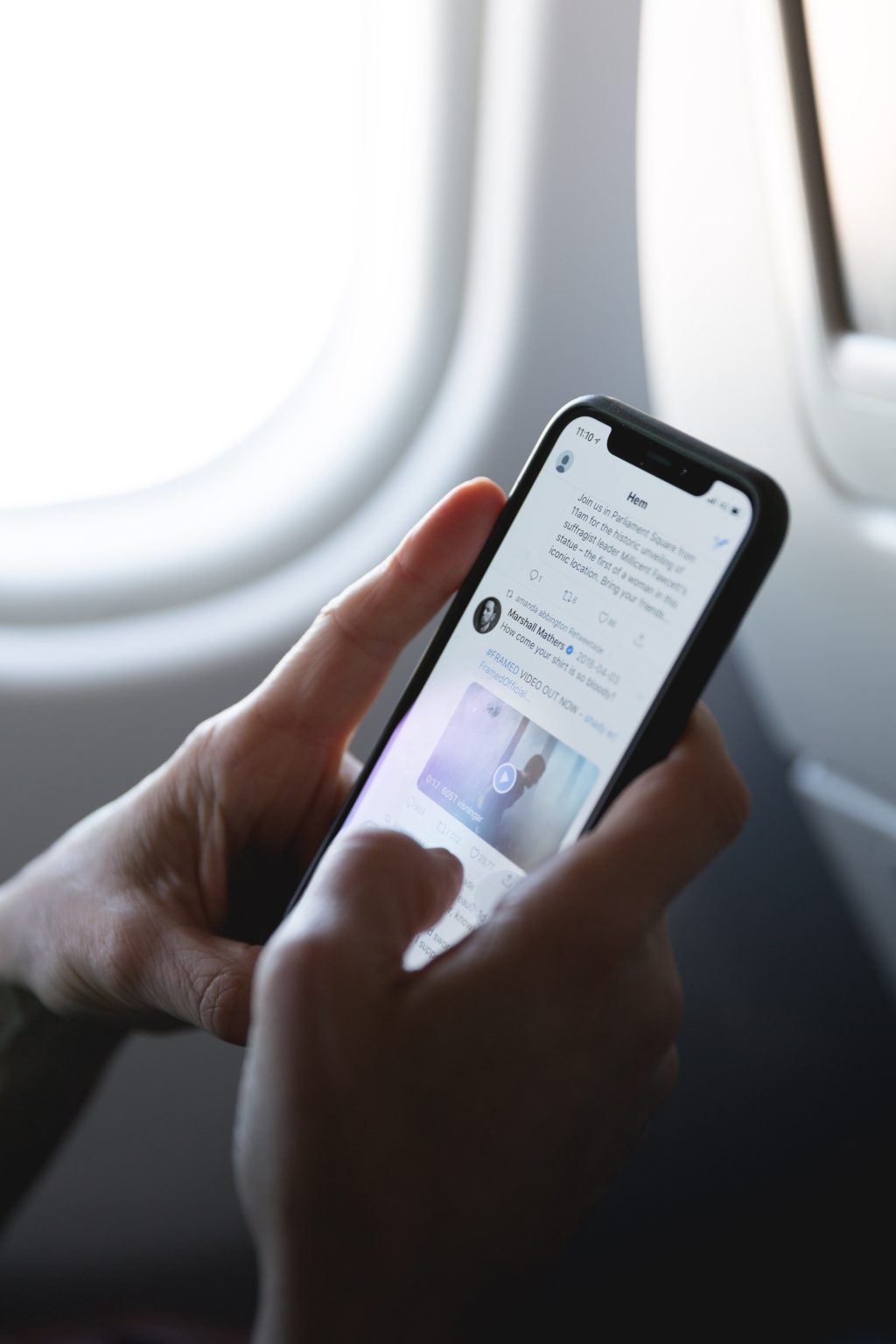
We can no longer live without social networks and, nowadays, this fact does not even create scandal anymore. We are so used to posting, tagging and tweeting, that remembering what our communication habits were before the internet seems to recall a distant time lost in history. Still, it’s about no more than thirty years ago.
Nowadays interacting means canceling all the limits of space and time, but it also means constant availability and change of all kinds of relationships and social relations.
To give an example, let’s assume that a bunch of guys of different nationalities know each other in person and after a period of time are forced to separate and leave the city where they met and go back to their respective countries.
What would these guys do today to stay in touch? Today we would not even think for a second about this problem because it is assumed that they will keep in touch by WhatsApp, Facebook, Instagram etc.
But now let’s ask ourselves how they would have done 40 years ago.
Maybe we would not be able to think of anything but letters. Well, it’s because actually there were not all the means we now have to keep in touch.
Before the internet, communications were definitely fewer quantitatively speaking, but deeper and better qualitatively speaking. We interacted with fewer people, but more assiduously and paid more attention to each of them.
But one thing has to be said: both the most nostalgic and the internet addicted are convinced that the internet has revolutionized the world of communication.
As a matter of fact, it has now become normal to be “addicted” and the reason why is quite logical: we, as human beings, are highly social creatures and our brains are made to process information that is also highly social.
“When developing population-friendly technology that delivers social signals worth trillions per day in real time, the rise of social media is not unexpected. It’s like throwing a lit match into a puddle of gasoline “ – says Sinan Aral, professor at MIT (Massachusetts Institute of Technology) in his latest work entitled “The Hype Machine”.
And it is exactly in this book that it is discussed one of the latest studies done by researchers from the University of California in Los Angeles, who found that people get large amounts of dopamine – the chemical in our brain strongly linked to motivation and reward – when their posts on social media get more “Likes”.
And it is so. Who hasn’t ever felt gratified, loved, or simply taken into consideration when we get likes?
Dr. Sinan Aral was not the only one to raise awareness of this subject.
Along with the publication of this book, indeed, one of the most important companies operating in film distribution, that is Netflix, has made a documentary to raise public opinion awareness on the subject.
“The Social dilemma” is the name of Jeff Orlowski’s documentary, which opened the debate on what we can do to reverse the persuasive logic of social networks.
The real novelty of this documentary compared to the others is not just the plot but the fact that the director let explain the dilemma by those who contributed to the birth of this last, that are the designers of Facebook, Pinterest, Instagram and other platforms, who now regret and testify «We started with different intentions, then the situation got out of hand».
The documentary makes us understand that no one could have predicted how society would change with social networks, and that we, by not paying for the service offered, would become the real products («If you are not paying for the product, then that product is you».) So, how can the world be made better?
The Social Dilemma pushes us to adopt good habits: for example, limiting the notifications as much as possible or getting informed and surfing in a proactive way. This means that we will choose the sources and consult them without following the flow of contents recommended by the algorithm and therefore we will again be making our choices from scratch.
It seems like a very convincing and interesting idea but actually the real question is: do we still have the time, the strength and the space to stop, think, choose, select, reject? Will we be able to write our own rules?
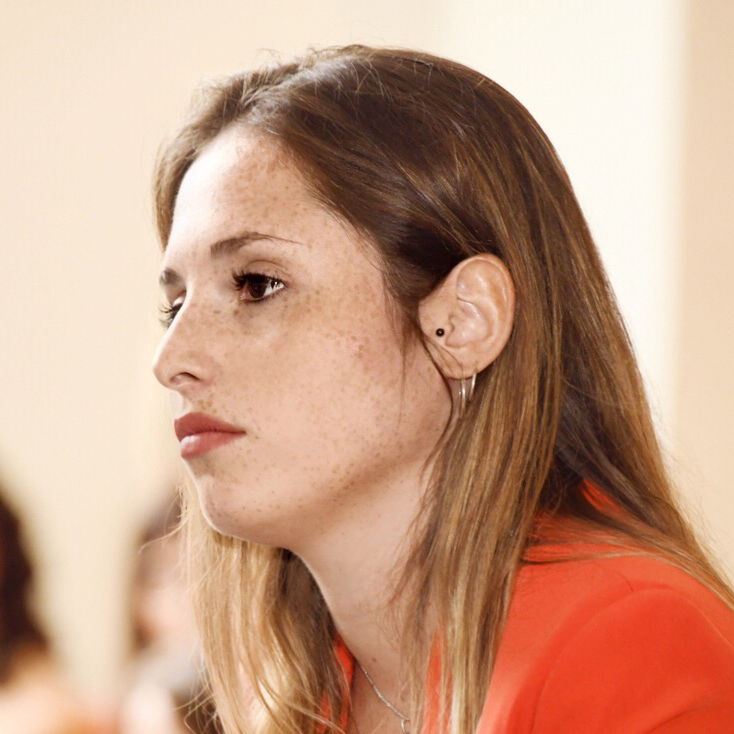
Mi chiamo Giulia. Diplomata al liceo classico, ho in seguito conseguito la laurea triennale in Interpretariato e Comunicazione e poi la laurea magistrale in Traduzione Specialistica. Ho lavorato sia come traduttrice per una piattaforma digitale sia come interprete di conferenza in sede di udienza. Ho da sempre avuto una forte propensione per le lingue straniere motivo per cui ho deciso di intraprendere questo percorso. Sono anche appassionata di cucina, cinema ma soprattutto di film e serie tv
